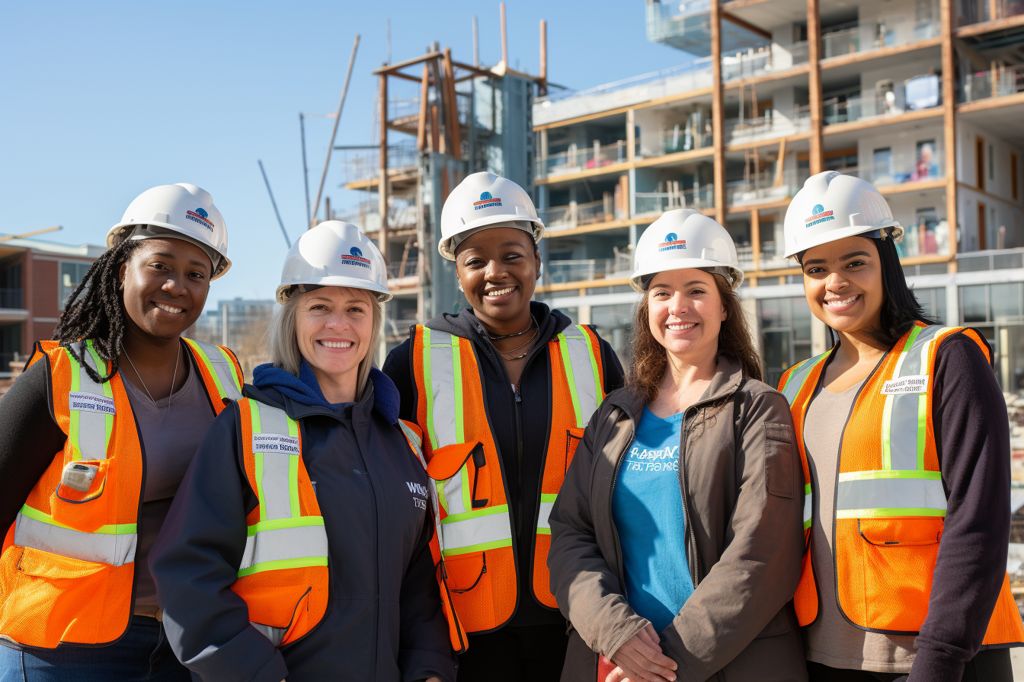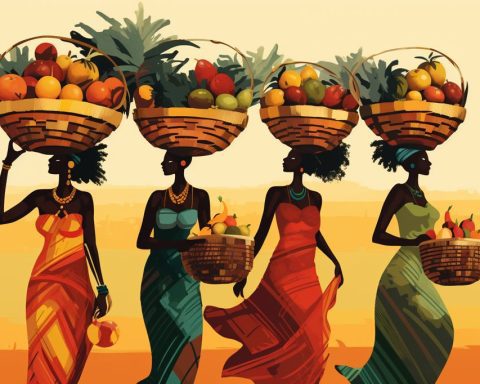During South Africa’s Women’s Month celebration, Deputy Minister Pam Tshwete emphasized the importance of women’s inclusion in the country’s economy at the Human Settlements Women Indaba. This gathering was a testament to the progress made in empowering women, particularly within the human settlements value chain.
Gender Equality in Public Procurement
President Cyril Ramaphosa’s announcement of a 40 percent set-aside for women-owned businesses in public procurement marked a significant milestone in fostering gender equality in the South African economy. This policy aims to support the growth of women-owned businesses and encourage their participation in the nation’s economic development.
Progress Made in Women’s Empowerment
The provincial roadshows led by Deputy Minister Tshwete have shown promising results. Several provinces exceeded the 40 percent set-aside target for designated groups during the past financial year. However, more work needs to be done to ensure all provinces and metropolitan areas comply with the allocations.
Policy Changes and Collaborative Efforts
The significant progress made in women’s empowerment can be attributed to various factors such as policy changes, collaboration, and the efforts of stakeholders. Minister Mmamoloko Kubayi’s introduction of subsidy quantum increases for housing projects, effective from April 1, 2023, has also contributed to women-owned businesses’ growth.
Furthermore, women have consistently demonstrated their ability to stick to contractual time frames and deliver better quality housing.
Women in Construction Roundtable Sessions
Provincial Women in Construction Roundtable sessions were convened in preparation for the Human Settlements Women Indaba, bringing together women across the sector value chain. The response and commitment received from sector stakeholders, particularly women formations and their members, were astounding.
These roundtable sessions proved to be enlightening for many, including Deputy Minister Tshwete, who discovered the extent of women’s capabilities in the construction industry.
Good Practice Models
Despite the challenges faced by women in the human settlements value chain, there are numerous good practice models implemented by provinces, metropolitan areas, and entities. These models have significantly contributed to the growth of women-owned businesses.
Addressing Gender Inequality
In the end, the Human Settlements Women Indaba proved to be a significant milestone in addressing gender inequality and empowering women in South Africa’s economy. With continuous efforts and collaboration, the nation moves one step closer to achieving a more inclusive and diverse economic landscape.












